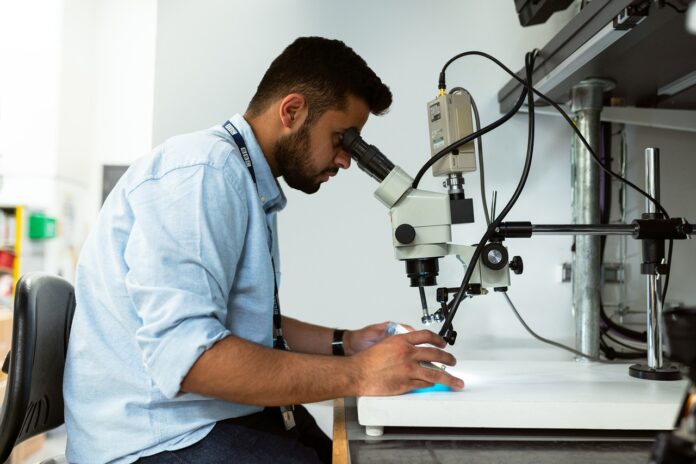In a rapidly technology-driven world, the demand for talented engineers increases. One such institution with a significant impact is the Engineering Institute of Technology (EIT). Through its innovative approach to education, global access, and industry-related courses, an important role in shaping tomorrow’s engineers.
Reduce the gap between theory and behavior
First and foremost, one stands for its obligation to combine academic theory with practical applications. Traditional engineering institute of technology education often overshadows the knowledge of the textbook. Which is necessary, and cannot fully prepare students for challenges in the real world. On the other hand, EIVs have emphasized hands-on learning and project-based assessments that reflect real industry scenarios. This approach ensures that students not only understand engineering institute of technology principles but can also use them effectively in the workplace.
In addition, a – instructors are not just academics – they are experienced in industry. This means that students benefit from reality in real life, case studies, and problem-solving techniques, which have been tested in the area.
Flexible and available education
In addition to the practical course, the Engineering Institute of Technology also offers online learning. Provided that students come from different backgrounds and geographical places today, several online programs, along with traditional options on campus, are available. This flexibility allows students from around the world to use high-quality engineering education without having to transfer or sacrifice their current employment.
Equally important is the electronic platform of a not just a digital class. Regardless of whether a student is in Perth, New York, or Mumbai, they get commitment and support at the same level.
Corresponds to industry needs
Another important factor in ETE’s efficiency is its close adaptation to the needs of the industry. The institute regularly consults with engineering companies, technology companies, and industrial partners to ensure that the courses reflect current trends and new technologies. This active approach means that students always learn skills that are in demand – from automation and robotics to renewable energy and cybersecurity.
In addition, special programs in top areas such as industrial automation, mechanical, and electrical systems are offered, which allow students to focus on areas with strong career opportunities. Beyond the curve, the candidates are not only employed but are also able to innovate in their respective industries.
A global perspective
In today’s mutually connected world, engineers will be able to work across borders and cultures. To end this, a global perspective is promoted by registering students from more than 140 countries and encouraging cross-cultural cooperation. This diversity enriches the learning experience and promotes the exchange of ideas and the development of global communication skills.
In addition, a partnership with international engineering bodies and recognition organizations ensures that its profits are recognized and respected worldwide. This global reliability opens its doors to graduates, whether they choose to work locally or chase opportunities abroad.
Supports life
Finally, the Engineering Institute of Technology understands that engineering is a rapidly changing field. New technologies, materials, and methods are constantly emerging. As a result, the institute promotes lifelong learning through professional development courses, diplomas, and a series of advanced degrees. This allows the working engineers to change to an expert, expertise, or a career without preventing employment.
Such commitment to continuous learning reflects the wide mission of a – not only to educate engineers, but also to strengthen them to grow in their careers and to strengthen them to make a meaningful contribution to society.
conclusion
Finally, the Engineering Institute of Technology plays an important role in shaping the future of engineering education. Including practical training with academic skills, it offers flexible and globally available programs, and is close to industry needs, preparing its students to become leaders in their fields.



